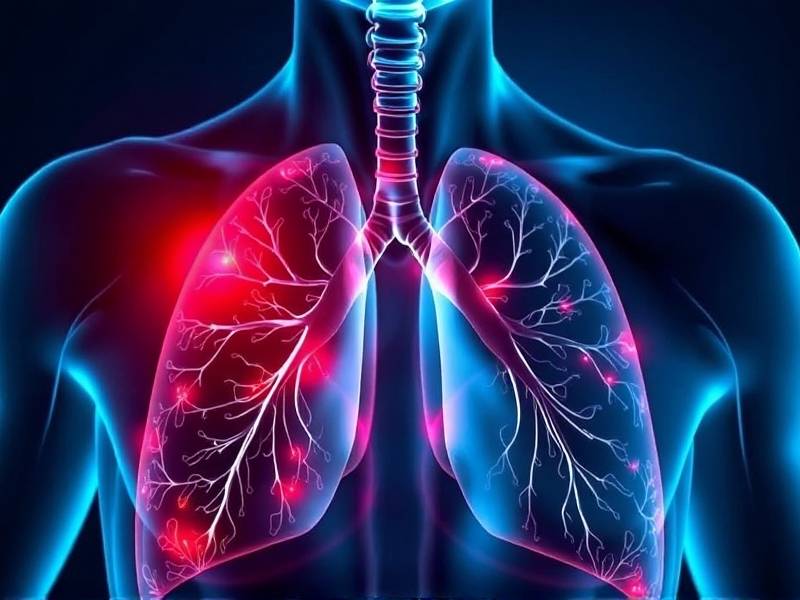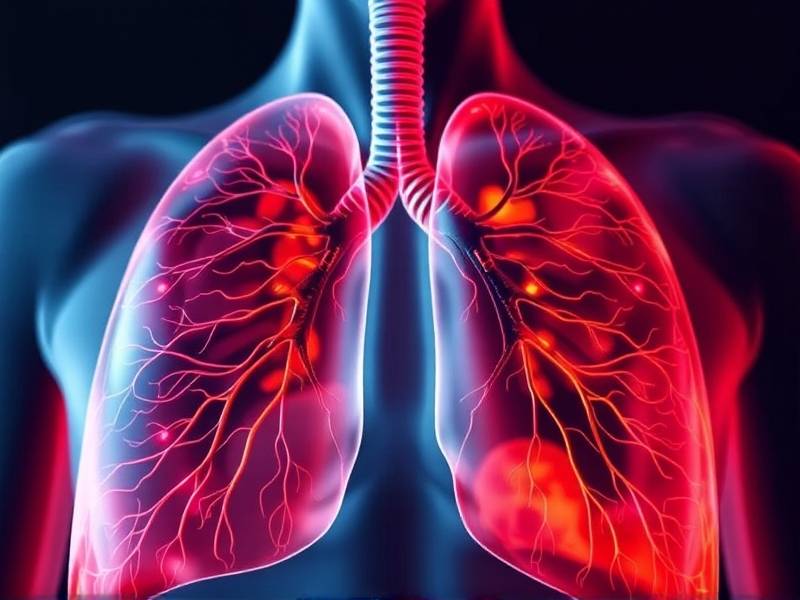Repair Your Lungs After Quitting Smoking: The Ultimate Guide to Lung Health
Introduction
Quitting smoking is a significant step towards a healthier life. However, the journey doesn't end with the last puff. The lungs, having endured years of smoke exposure, require time and care to heal and regain their health. This guide will explore the steps you can take to repair your lungs after quitting smoking and achieve optimal lung health.
Understanding the Damage
The Effects of Smoking on the Lungs
Smoking causes significant damage to the lungs, leading to conditions like chronic bronchitis, emphysema, and lung cancer. The toxic chemicals in cigarettes inflame the airways and reduce lung function over time.
Immediate Benefits of Quitting
As soon as you quit smoking, your body begins to heal. Within 48 hours, your sense of smell and taste improve. Within a few weeks, your lung function starts to increase.

Steps for Lung Repair
1. Maintain a Healthy Diet
A balanced diet rich in fruits, vegetables, whole grains, lean proteins, and healthy fats can support lung repair. Vitamin C and antioxidants are particularly beneficial for reducing inflammation and promoting healing.
2. Stay Hydrated
Drinking plenty of water helps keep mucus thin and easy to expel from your lungs. It also supports overall hydration, which is crucial for recovery.
3. Exercise Regularly
Regular physical activity increases lung capacity and improves circulation. Activities like walking, swimming, or cycling are excellent choices.
4. Avoid Secondhand Smoke
Secondhand smoke can delay lung recovery and increase the risk of developing respiratory problems. Make sure you're not exposed to secondhand smoke in public places or at home.
Alternative Therapies for Lung Health
1. Breathing Exercises
Practicing deep breathing exercises can help relax your muscles and improve lung capacity over time.
2. Herbs and Supplements
Herbs like turmeric and supplements like vitamin D may help reduce inflammation in the lungs.
Monitoring Your Progress
1. Regular Check-Ups
Regular visits to a healthcare professional can monitor your lung function and overall health progress.
2. Lung Function Tests
Lung function tests measure how well your lungs are working by assessing how much air you can inhale or exhale over a certain period.
Conclusion
Repairing your lungs after quitting smoking is a gradual process that requires patience and dedication. By adopting healthy habits, avoiding harmful substances like secondhand smoke, and seeking medical advice when needed, you can significantly improve your lung health over time.

Remember that every puff counts—quitting smoking today is an investment in your future health!
